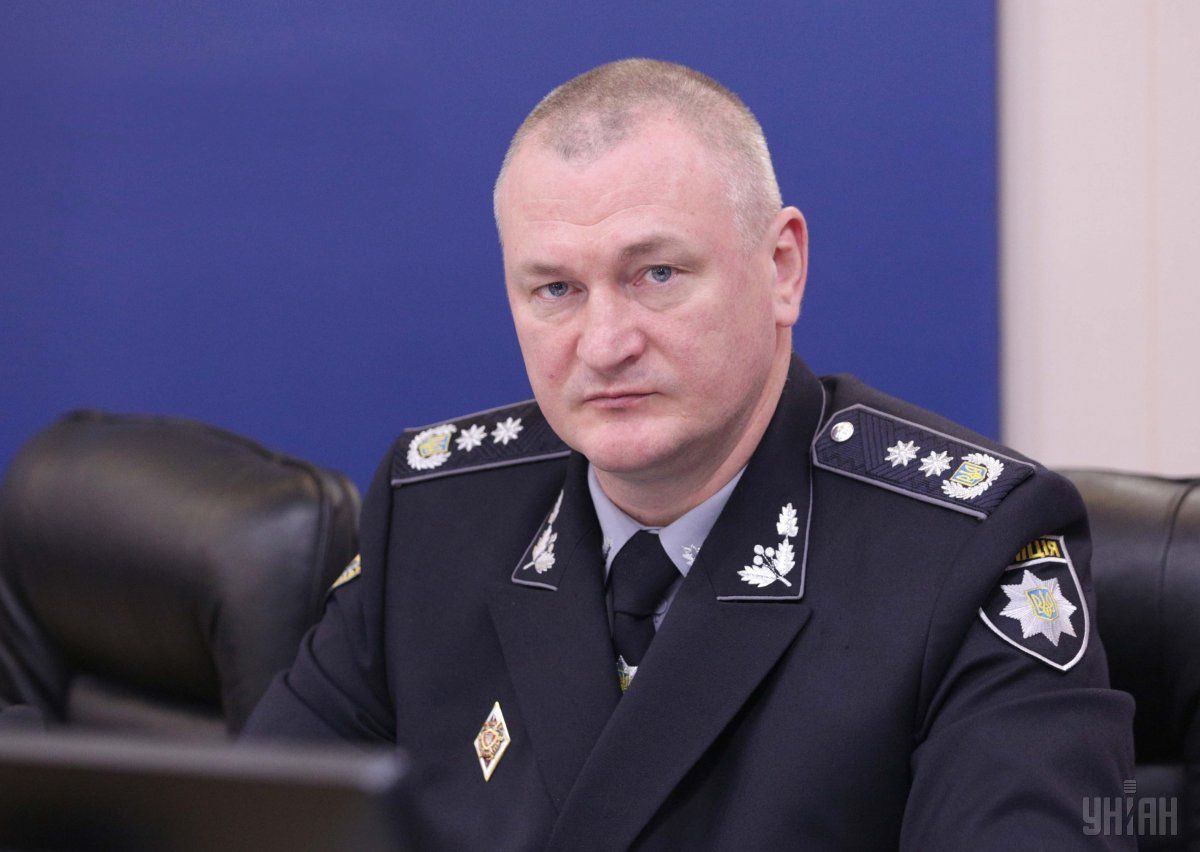
Serhiy Kniaziev is the chief of the National Police of Ukraine at a pivotal moment in his country's history, and he is now responsible for protecting the integrity of Ukraine's March 31 presidential election.
The election faces daily threats from a familiar source: a determined Russia bent on using cyberspace to sow disinformation to undermine the democratic ambitions of a country it still considers part of its orbit, Canada's National Observer reports.
"I feel a great sense of responsibility, ensuring the proper elections," Kniaziev said through an interpreter on his latest visit to Ottawa. "Unfortunately we are in a position that Russia is our enemy now, and Russia has never been weak. We have to be very honest and very realistic in assessing the capabilities of Russia."
Kniaziev spent time with RCMP counterparts, Toronto police and other leading federal government officials in Canada's diplomatic and security apparatus in Ottawa earlier this winter. Canada has been helping Ukraine build its national police force.
The Police Training Assistance Project, run by Global Affairs Canada, is part of the government's broader assistance to Ukraine, which includes a Canadian Armed Forces mission of 200 trainers that was extended last week, the deployment of hundreds of election observers for the upcoming ballot and the imposition of sanctions on more than 100 Russians.
Kniaziev and his Canadian counterparts exchanged information and best practices on how to cope with the inevitable threat of foreign interference in elections.
Kniaziev and his Ukrainian colleagues describe their country as a petri dish for Russian cyberattacks — known in 21st Century military doctrine as "hybrid war" — and say the countries that partner with it, such as a Canada, have a lot to learn from them as well.
Foreign Affairs Minister Chrystia Freeland echoed that sentiment recently, calling Ukraine a "laboratory" for Russian disinformation campaigns in cyberspace that Canada has learned from.
"In 2014, these were military activities — war fighting. But in 2015, '16, '17, '18 they've changed their ways and we are in the midst of hybrid war," said Kniaziev.
That has come to encompass a wide spectrum of malign activity, from trying to directly hack the online infrastructure of elections, to influencing public opinion through misinformation and generally sowing unrest.
"Whenever Russia doesn't feel like it wants to be involved in direct, naked aggression they are involved in all of these subversive hybrid activities," said Kniaziev.
Ukraine's ambassador to Canada, Andriy Shevchenko, said as the election nears, Russia has launched daily cyberattacks on Ukraine's digital election infrastructure, its critical infrastructure and media.
Read alsoSBU exposes psy-ops group working for Russia's GRU
The constant state of vigilance has also created a heightened state of national stress, something Kniaziev only realized after spending time on the beat with rank and file Toronto police officers during his recent trip.
Kniaziev blames the ongoing strife with Russia for affecting his country's national psyche.
"It's been six years of ongoing war with our neighbour, so Ukrainian society lives in a totally different reality, if we were to compare with the Canadian society."

